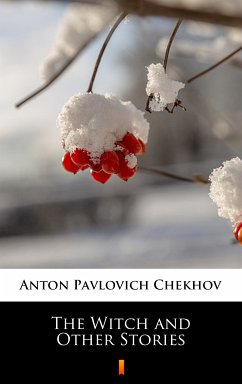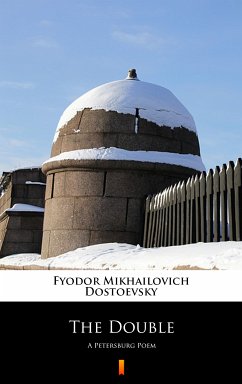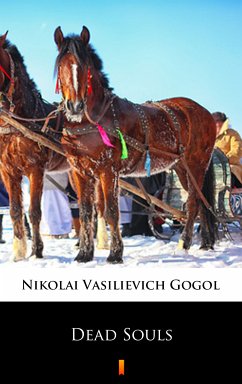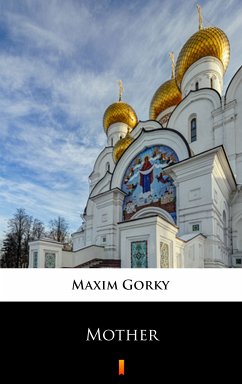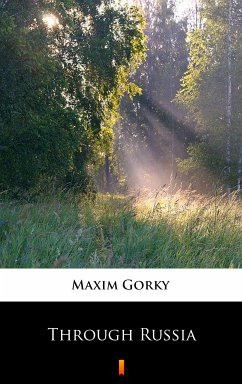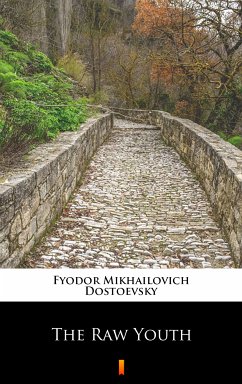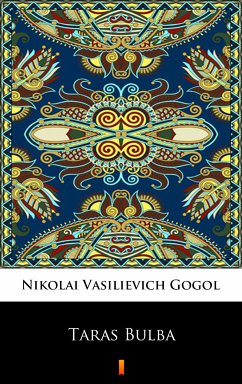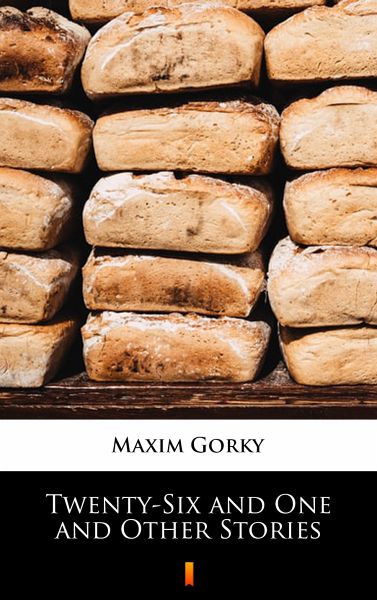
Twenty-Six and One and Other Stories (eBook, ePUB)
Versandkostenfrei!
Sofort per Download lieferbar
3,49 €
inkl. MwSt.
Weitere Ausgaben:

PAYBACK Punkte
0 °P sammeln!
The poem in prose "Twenty-Six and One" is based on the writer's impressions related to life in Kazan and work in Semenov's bakery. Gorky considers the image of a tramp, revealing its negative qualities. The work tells about twenty-six bakers, attitude, feelings, the behavior of which is presented by the author as the attitude of one person. This is achieved by using Gorky a huge number of pronouns "we are all"
Dieser Download kann aus rechtlichen Gründen nur mit Rechnungsadresse in A, B, BG, CY, CZ, D, DK, EW, E, FIN, F, GR, HR, H, IRL, I, LT, L, LR, M, NL, PL, P, R, S, SLO, SK ausgeliefert werden.




